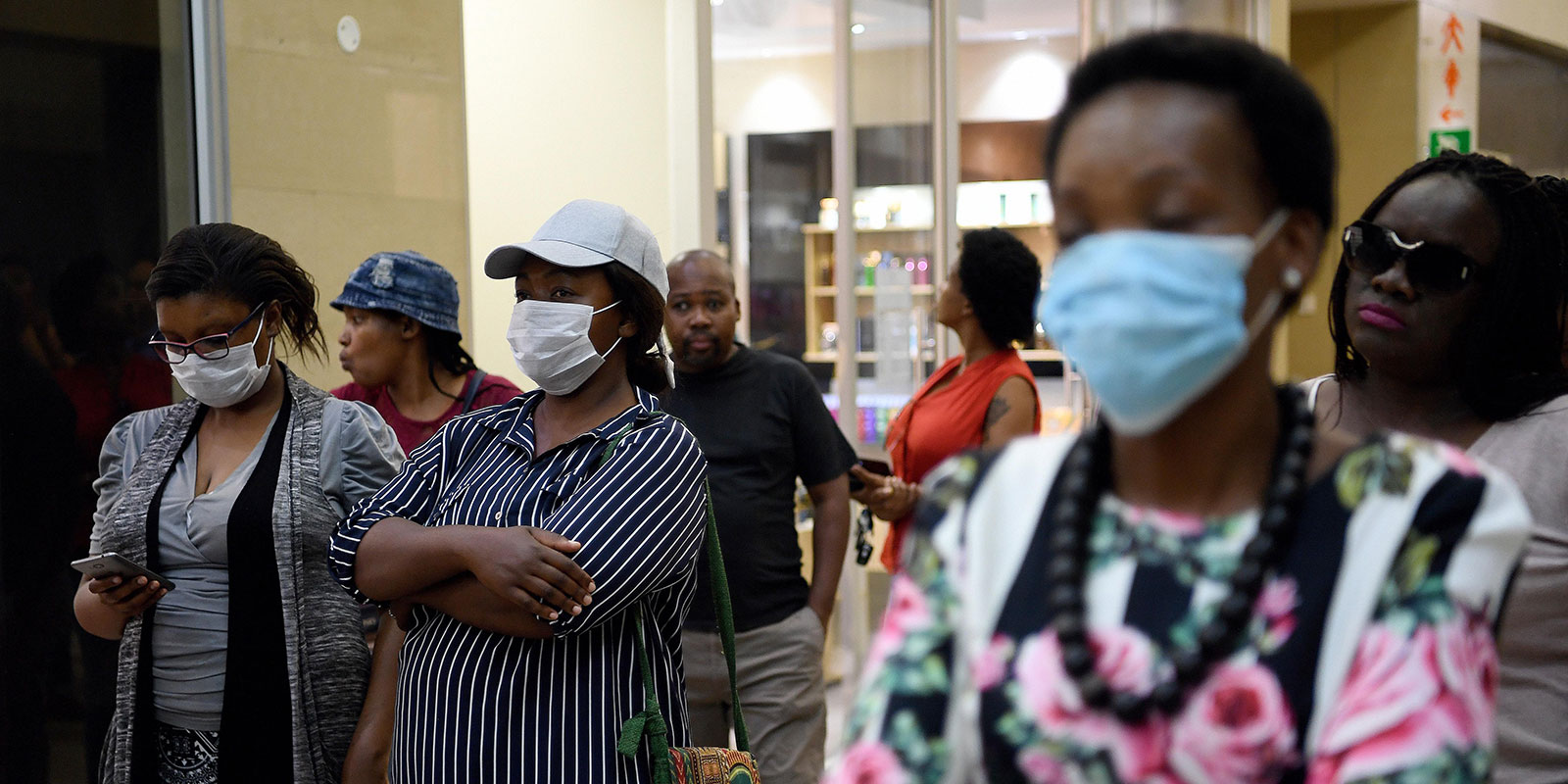On 24 November 2021, news about the ‘Botswana Variant,” now known as Omicron, which is said to have 32 mutations, was reported by Mail Online and other international news media. Botswana thus became one of the 11 countries in the world to record cases of this COVID-19 new variant. The new Omicron variant is still being studied by scientists, and its transmissibility and severity, compared to the previous Delta variant, is yet to be determined.
We are where we are today because of vaccine inequity. Fact of the matter is no one is safe until all those who are eligible are vaccinated #COVID19 @Tuduetso_Madi
Tweet
This announcement was received with some backlash from the Botswana Government as they refuted the claims that associated the new variant to HIV prevalence, which they reported as false. On 25 and 26 November, the Botswana Government, through its COVID-19 Task Force and the Ministry of Health and Wellness, released statements on the government’s official social media pages. They confirmed that they had indeed recorded four cases of the new variant on 22 November, from a routine test on diplomatic travellers. The origin of the 4 travellers, who were on diplomatic duty in Botswana has not been disclosed, a decision which the Minister of Health and Wellness highlighted is for the sake of not geopoliticising the origin of the virus. As of 28 November, the country recorded a total of 15 more cases of the Omicron variant, making it 19 confirmed cases in total.
Toeing the line
Botswana is a small state that has to situate itself in a global world were the unpredictable nature of COVID-19 demands a swift health diplomacy. It finds itself having to navigate the geopoliticisation of the origins of the virus as the Minister of Health, Dr. Edwin Dikoloti, underscored that naming the four diplomats who tested positive for it could further exacerbate the already existing issues of discrimination. Could the knowledge of the origin of the variant, which is already causing a divide, level the playing field or perhaps create tensions for Botswana? One thing is for sure though, the immediate responses made thus far will disenfranchise further the red listed African states.
An inequitable global order
While the global north is already inoculating booster shots, Botswana is one of the countries in the continent playing catch up trying to attain herd immunity. To date 33.3% of the eligible population are fully vaccinated while 60.2% have gotten their first dose. Vaccination rollout has been paused in major centres while the country awaits the delivery of more vaccines procured. Now with the recently imposed travel ban on Botswana and its neighbours, there is a likelihood of more delays in the rollout of the vaccination drives due to the unavailability of vaccines as indicated above.
Although Botswana is fairing relatively well in its campaign to vaccinate eligible members of the public, the country experienced setbacks in securing vaccines, which led to delays in its vaccination rollout plan. Botswana thus also suffered from the inequitable distribution of vaccines. Some Batswana resorted to being vaccine refugees and got vaccinated in the neighbouring South Africa and some in Zimbabwe.
We are where we are today because of vaccine inequity. The fact of the matter is that no one is safe until all those who are eligible are vaccinated. Scientists continuously underscore that the virus is bound to mutate and until then people should be vaccinated to avoid the very same situation that we are finding ourselves in with Omicron today. Isolating Southern Africa and stigmatising it for the inevitable, whose fate could have been perhaps different had there been global vaccine equity from the start, proves that we have an even bigger problem on our hands. The travel bans, while they act as a containment measure, are a double-edged sword that perpetuate stigma and discrimination and xenophobia against the African continent. What the world needs right now is a concerted effort towards fighting coronavirus instead of divisive decisions that are to the African continent’s detriment.
Tuduetso Madi is a PhD Candidate with interests in peace and security, foreign policy and elections.


